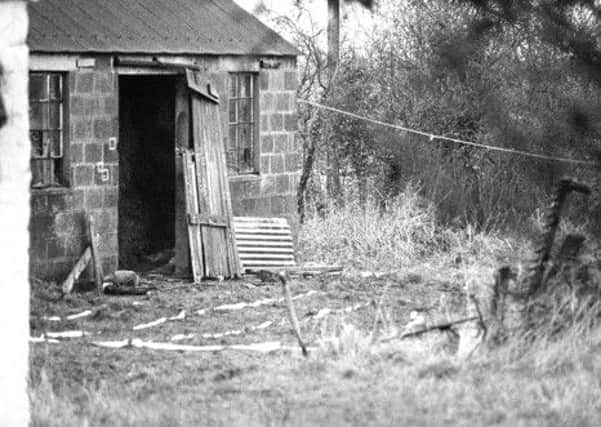PPS orders investigation of RUC hayshed tapes destruction


The Director of Public Prosecutions, Barra McGrory QC requested a full investigation into the actions of former RUC and Security Service personnel in relation to the withholding, concealment and destruction of surveillance evidence.
The evidence includes two audio tapes, an original and a copy, which were produced during a surveillance operation at a hayshed at Ballynerry Road North, Lurgan on November 24, 1982.
Advertisement
Hide AdAdvertisement
Hide AdThe concealment and destruction of these tapes was later investigated by the Criminal Cases Review Commission (CCRC) and subsequently led to the quashing of the conviction of Mr McCauley by the Court of Appeal for the offence of possession of firearms in suspicious circumstances.
Announcing his decision to require the Chief Constable to carry out an investigation into the actions of the security services and to refer the actions of police officers to the Police Ombudsman, the Director of Public Prosecutions said; “I have carefully considered the matters disclosed by the CCRC in relation to the events at Ballynerry Road North on November 24, 1982 and the investigations carried out by Mr John Stalker and Mr Colin Sampson.
“In addition, I have considered the ruling of the Court of Appeal which quashed the conviction of Martin McCauley.
“I have concluded that I must exercise my power to request that the Chief Constable and the Police Ombudsman investigate matters which may involve offences committed against the law of Northern Ireland.
Advertisement
Hide AdAdvertisement
Hide Ad“The actions of police and security service personnel in relation to the concealment and destruction of potential evidence requires further investigation as does the identification of all those involved in such actions.
“The Test for Prosecution will be applied in relation to any evidence uncovered through the course of the investigation.”
The CCRC in its review of the conviction of Martin McCauley relied upon material relating to the tapes and to the background to this incident that was not available to the prosecution or the Court at the time of the original trial.
The current DPP, on considering this material, determined that the appeal against the conviction should not be resisted and invited the Court of Appeal to exercise its discretion to quash the conviction on the basis that to do otherwise would undermine public confidence in the criminal justice system.
Advertisement
Hide AdAdvertisement
Hide AdThe Court of Appeal quashed the conviction in September 2014, stating in its written judgment that it considered that the actions of police and the Security Service in relation to these matters amounted “cumulatively to grave misconduct.”